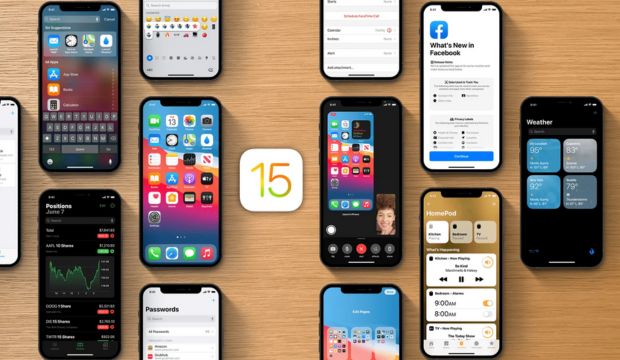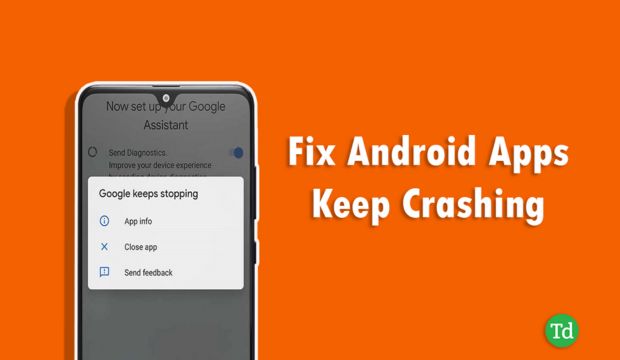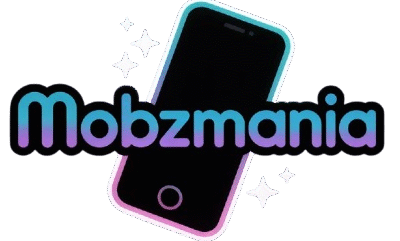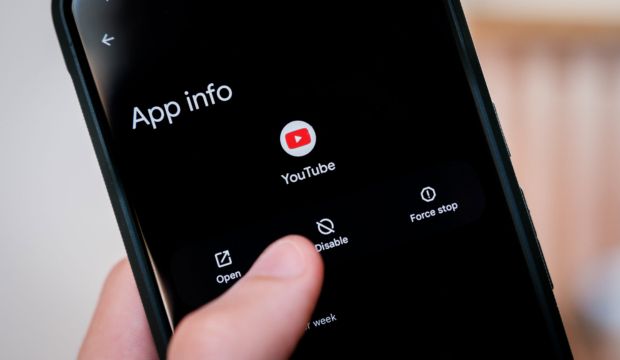It’s the quick fix your phone needs when apps start acting weird. One tap, and the app shuts down completely, no more freezing, crashing, or draining your battery. What does Force Stop mean for your device? It stops everything from background processes, app notifications, and hidden activity.
Still wondering what Close App means? Think of it as a hard reset for the app. It won’t run again until you open it. This move can free up RAM, reduce CPU usage, and even stop overheating. What does Close App mean on Android or iOS? It’s a simple tool in your settings that helps manage misbehaving apps. Use it smartly when things go wrong. Just remember what does Close App means? It’s powerful, but not permanent. The app isn’t deleted, just paused until further notice.
What Is Close App Meaning

What is Force Stop meaning? It’s a way to stop an app from running on your phone. When you press “Close App,” the app shuts down right away. This includes all background processes and notifications. What Does Close App Means? It means the app stops working until you reopen it again.
What Does Close App Means in Real use? It means you take control of a misbehaving app. If it keeps freezing or crashing, Close App can fix it. It’s found in app settings on Android and iOS devices. What is Close App meaning? It’s a smart tool to improve phone performance fast.
Close App App – What It Means & How It Works
What Does Close App Means when you use it on an app? It means you instantly stop the app from running on your device. This shuts down all activity, including background processes and notifications. The app won’t work again until you open it manually.
How does Close App work? When you tap Close App in your phone’s settings, it forces the app to close completely. This can fix issues like freezing, crashing, or high battery drain. What Does Close App Means is that you take full control over the app’s behavior until you restart it.
What Happens When You Close an App?

When you Force Stop an app, it immediately closes all its processes. The app stops running in the background, saving your device’s resources like RAM and battery. Notifications from the app will pause until you open it again. Close Appling helps fix app crashes and freezing issues quickly.
• App notifications will no longer appear temporarily.
• RAM used by the app is freed up.
• CPU usage by the app immediately decreases.
• Battery drain caused by the app reduces.
• App data remains saved but temporarily inaccessible.
• The app won’t restart until manually opened.
• Push notifications from the app pause instantly.
• Any unsaved progress in the app may be lost.
• Frozen or unresponsive app behavior is reset.
• App cache remains unless you clear it.
• System apps can also be Close Apps carefully.
• Close Apps can fix overheating caused by apps.
• Close Epping an app doesn’t uninstall it.
• You must reopen the app to use it again.
• All background processes for the app stop.
When Should You Use a Close App?
You should use Close App when an app misbehaves or drains your phone’s resources. It’s useful if the app keeps freezing, crashing, or slowing down your device. Close Appling can quickly fix these issues by stopping the app completely until you decide to reopen it.
• When an app freezes and won’t respond
• If the app crashes repeatedly on startup
• When an app drains too much battery
• If push notifications become overwhelming or stuck
• When app performance slows down your device
• To stop background processes wasting resources
• When app data isn’t syncing properly
• If the app causes device overheating issues
• When an app behaves strangely or glitches
• To pause notifications from a troublesome app
• When the app uses excessive CPU power
• If app cache clearing doesn’t fix problems
• To reset app behavior without uninstalling
• When automatic app restart causes issues
• If you want a quick temporary fix
How to Force Stop an App on Android/iOS Devices

If you’re wondering what Shutdown means on your phone, it’s a way to quickly shut down an app that’s misbehaving. On Android, you open Settings, go to Apps, select the app, and tap Shut Down. This stops the app and its background processes immediately.
On iOS devices, what Shutdown means is similar but done differently. You swipe up from the bottom to open the app switcher. Then, swipe the app off the screen to close it. This manual restart helps fix app freezing or crashing problems quickly.
What Happens When You Shut Down an App?
If you ask, what does Shut Down mean, it means shutting down an app completely. When you Shut Down an app, it closes all its processes and stops running in the background. This saves your phone’s RAM and battery. The app won’t send notifications until you open it again.
Shut Down Ping also stops any app freezing or crashing problems temporarily. However, what Shutdown means is not permanent. The app stays installed and all data is saved. You’ll need to open the app again to use it. Shut Down is a quick fix to improve device performance.
Is Shut Down Ping an App Safe?
You might wonder, what does Shut Down mean for your device’s safety. Kill Mapping an app is generally safe. It only stops the app’s processes temporarily and doesn’t delete any data. It helps fix problems like freezing or crashing without harming your phone or app.
However, Kill Mapping apps too often might cause issues like unsaved data loss. What Kill App means is a manual way to restart apps, but it’s best used only when apps misbehave. Avoid Kill Mapping essential system apps to keep your device running smoothly.
What Are the Force Stop to Kill App?
If you’re curious about what Kill App means, it’s a quick way to fix app issues. But sometimes, you don’t need to Kill Apps. Alternatives include restarting your device, which refreshes all apps and clears temporary glitches without closing apps one by one.
Another alternative is clearing the app’s cache or data via Settings. This helps fix problems caused by corrupted files. You can also update the app to fix bugs or uninstall and reinstall it. These options often solve issues without needing to Kill App the app.
Can You Undo a Kill App?
If you’re asking, what does Kill App means, it’s a way to shut down an app completely. The good news is, you can undo it simply by reopening the app. Once you open it again, the app starts running as usual, just like before.
However, Kill Mapping doesn’t delete app data or settings. It just pauses the app until you manually restart it. So, what does Kill App means in this case is a temporary pause, not a permanent action. Reopening the app brings everything back to normal.
How to Troubleshoot Apps That Keep Crashing Without Using Force Stop:

If you’re curious about what Force Stop means, it’s a quick way to fix app crashes. But sometimes, you want to avoid it. Try restarting your device first. This refreshes your phone’s system and often fixes temporary glitches causing app crashes.
Another way is to clear the app’s cache or update it from the app store. You can also check your device’s storage and free up space if needed. These steps help improve app stability without needing to force stop the app.
Tips for Force Stop Apps and Improving Device Performance
- “Regularly clear your app cache to free up device storage and reduce RAM usage, helping your phone run smoother and faster throughout the day without unnecessary slowdowns or overheating issues.”
- “Keep your apps updated to fix bugs and improve stability. Updated versions often include performance improvements, reducing crashes, freezing, and unexpected app behavior that drain your battery and system resources.”
- “Limit background processes by disabling apps you rarely use. This reduces battery drain and CPU usage, preventing overheating and improving overall device responsiveness while keeping essential apps running efficiently.”
- “Uninstall apps you no longer need or use. Removing unused apps frees up storage and cuts down on background services that consume CPU power, battery life, and cellular data without benefiting you.”
- “Use built-in battery optimization features to manage app activity. This helps reduce power consumption by restricting resource-heavy apps, extending battery life, and preventing your device from slowing down during daily use.”
You may like also: Mobzmania
FAQ’s
What does force stop do?
Terminate immediately shuts down an app and all of its background processes, stopping it from running until manually reopened.
Is it safe to Terminate WhatsApp?
Yes, it’s safe but you might miss messages or notifications until you reopen the app again.
Will I lose data if I Terminate an app?
No, you won’t lose saved data, but any unsaved progress or live activity in the app might be lost.
What is the Terminator in camera?
Terminate Ping the Camera app shuts it down completely, which can help fix glitches, freezing, or black screen issues.
Is it good to Terminate an app?
It’s useful for fixing misbehaving apps, but shouldn’t be overused as a regular method for managing apps.
Conclusions
What does Terminate mean? It’s a way to shut down an app fast. If an app is acting weird, this helps fix it. What does Terminate mean for your phone? It stops the app fully. No background activity, no notifications, nothing. It’s like pressing pause only stronger.
Still wondering what Terminate means? It’s a quick fix for freezing or crashing apps. It can improve performance and save battery. But remember, it doesn’t delete data. What Terminate means is that the app won’t run until you open it again. Use it when needed, especially for misbehaving apps. What does Force Stop mean on Android or iOS? It’s a tool to help your device run better. Always use it wisely. Now you know what Force Stop means and when to use it.


